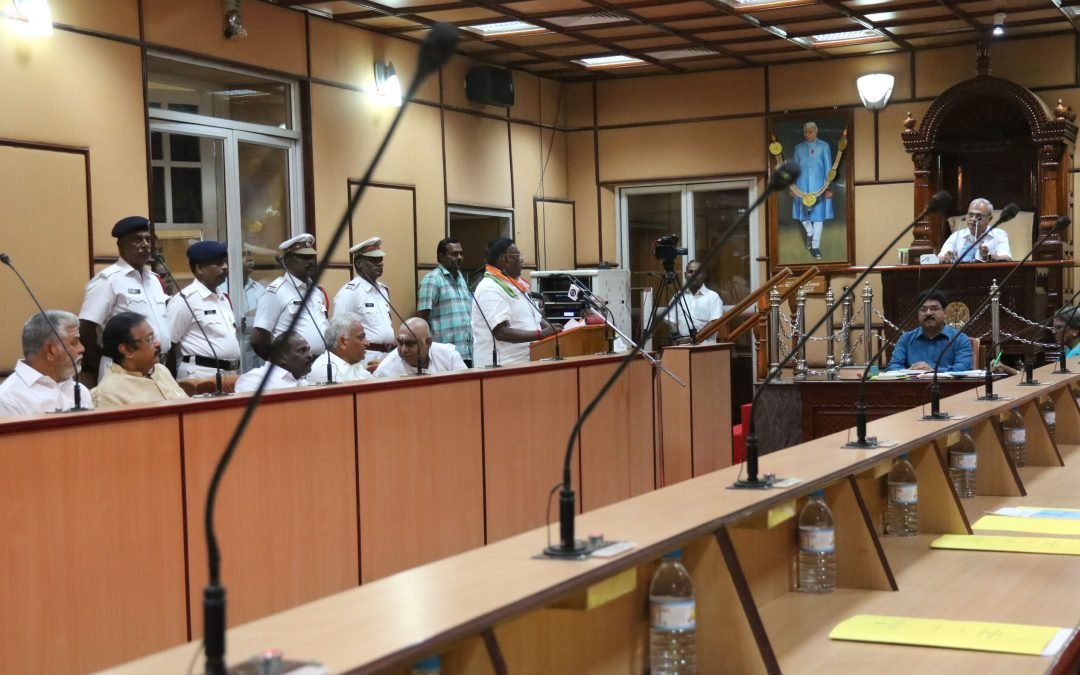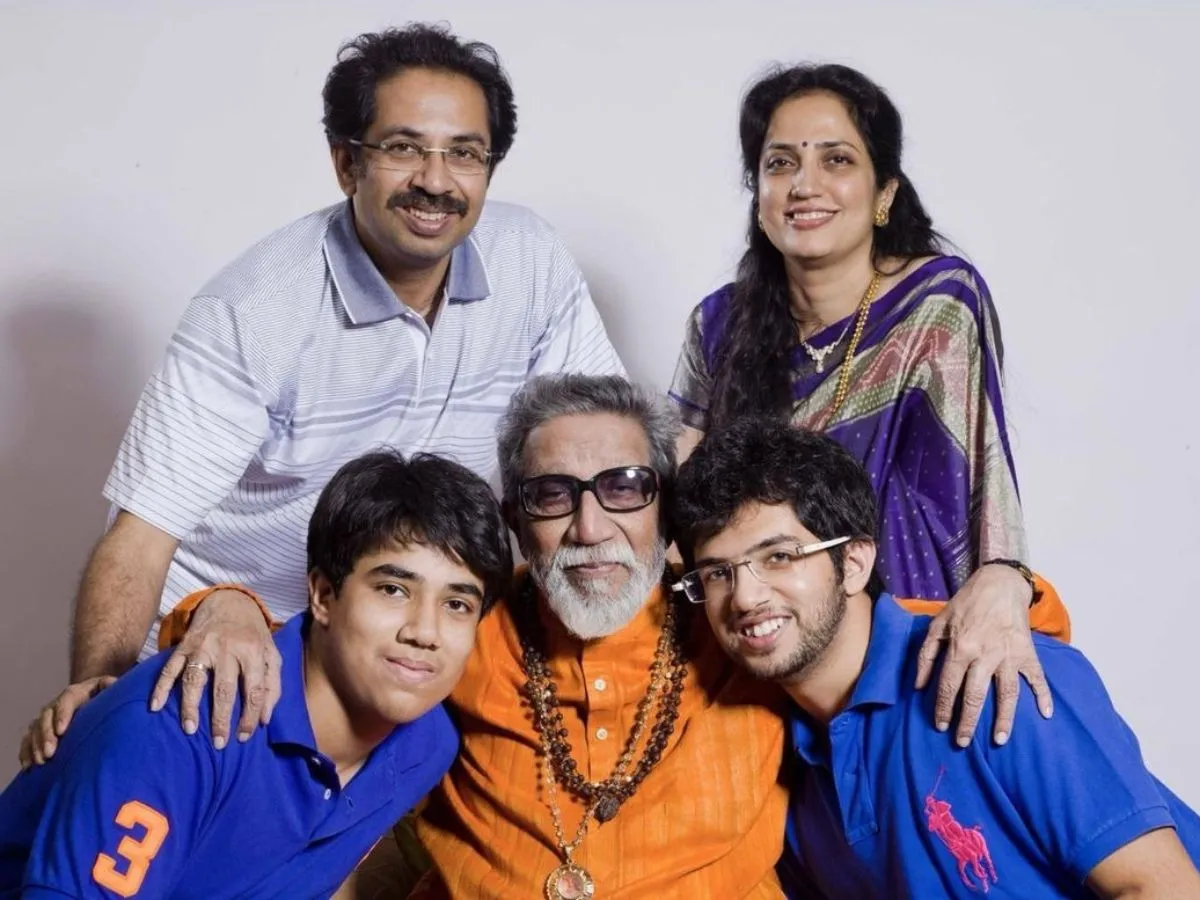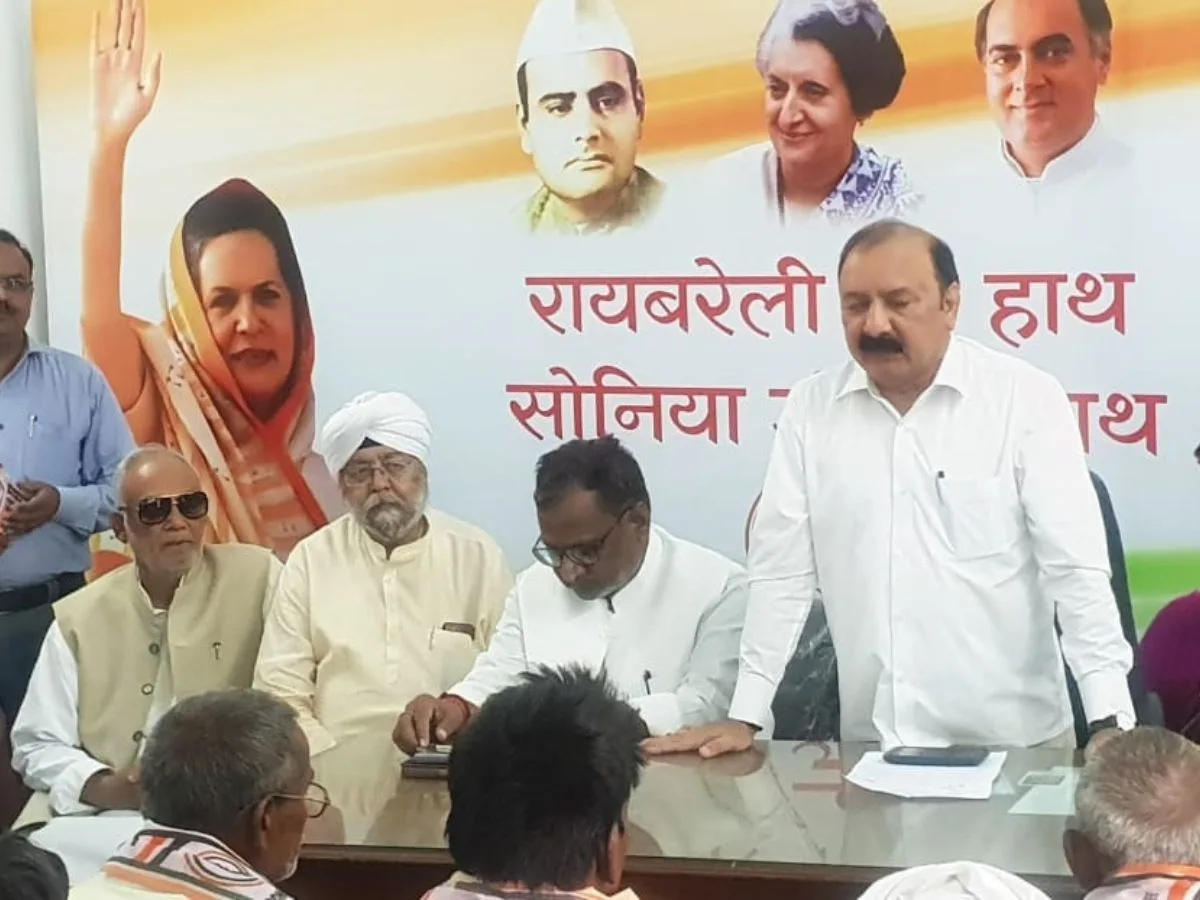(This is the concluding part of a series on the One Nation, One Poll idea that is being debated. The first part dealt with the immediate political motives behind it, the second was about the legal manoeuvres that would be required to accomplish it, and the third part was about the stand of Tamil Nadu political parties. The third part made the point that simultaneous elections have typically benefited national parties in Assembly elections too).
Advocates of the One Poll theory put forward the argument that simultaneous elections would lead to lower expenditure but in real terms the saving is not much. Expenditure and use of black money can be curbed only by implementing the full gamut of electoral reforms particularly state funding of elections which will prohibit massive expenditure by political parties.
According to a NITI Aayog paper, the cost of conducting the Lok Sabha polls in 2009 was Rs 1,115 crore but the figure tripled to Rs 3,870 crore for 2014 Lok Sabha elections. The Election Commission estimates that holding one poll for Lok Sabha and Assemblies would cost Rs 4,500 crore. However, in real terms, a NITI Aayog paper which recommends One Poll, has found that the Centre would have to pump in over Rs 9,300 crore to buy additional Electronic Voting Machines (EVMs).
The expenditure on conduct of election to State Legislatures is borne by the respective state sovernments when such elections are held independently.
Currently the Election Commission allows a maximum expenditure of Rs 70 lakh per candidate for a parliamentary constituency (for elections to Lok Sabha) in larger states like UP , Bihar, Madhya Pradesh etc. This limit is Rs 28 lakh for an Assembly constituency in the same States. There are no such prescribed expenditure limits for political parties.
Unofficial estimates have placed the expenditure of candidates and political parties at over Rs 30,000 crore for the 2014 Lok Sabha elections alone. Newspaper reports indicate that the Bihar Assembly elections were conducted in 2015 at a cost of about INR 300 crore. Gujarat Assembly polls in 2017 had cost about INR 240 crore.
As separate EVMs would be needed for Lok Sabha and State Assembly elections respectively, requirement of EVMs (Balloting Units and Control Units) is likely to increase considerably. This would also increase the requirement of transportation and storage of the same. ECI may possibly require additional 8.6 lakh balloting units and 8 lakh control units to implement Phase I proposal (for One Poll). This is expected to cost an additional Rs 9,300 crore.
The NITI Aayog paper itself says, “The Government would need to incur an upfront cost to procure the additional EVMs for the first time….. The Parliamentary Committee report indicates that ECI expects an expenditure of about Rs 9300 crore for procurement of EVMs and Voter Verifiable Paper Audit Trail machines (VVPATs).”
The requirement of personnel and security companies may possibly not increase in a similar proportion as that of EVMs but there would be increased requirements of security and other personnel.
One poll would not reduce the candidates’ claims for maximum expenditure provided by the ECI of Rs 70 lakh and Rs 28 lakh in the case of candidates for Lok Sabha and State Assemblies respectively as in real terms they spend amounts far in excess of the permissible limits.
Whichever way one looks at it, a single poll would not result in reduced expenditure. The only way to bring down costs incurred during elections is to go in for state funding of elections. It may be argued that this will increase government expenditure on elections but in larger terms, state funding of elections would curb use of black money. It is widely known that expenditure on elections is a major source of corruption in the country as political parties and candidates feel they should spend huge amounts to win elections. What the country needs is prohibition of massive rallies and replacing them with one government funded town hall (closed hall) meeting for each candidate/party, prohibition of posters and hoardings, restricting campaigns to specific hours, number of participants in such campaigns, door delivery of election manifestoes, printed and distributed free of charge by government, which would minimize use of black money and create level playing fields. These suggestions for electoral reforms are gathering dust in the corridors of power at the Centre.
The Union government would do well to act on these significant recommendations rather than take up one poll which does not bring about any significant change in the real issues afflicting society.
(Concluded)











